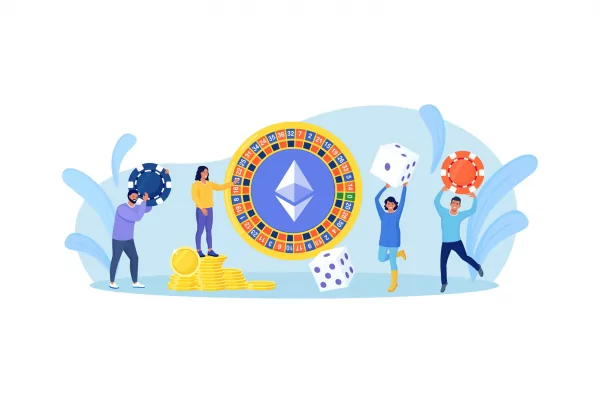Introduction
If you look at the key definition of Bitcoin, it states that Bitcoin, ‘Is the world’s first decentralized digital currency, which operates on a peer-to-peer model. Is not controlled or regulated by any central authority and works involves no intermediaries in transactions.’
The keywords to note here are-decentralized and no intermediaries. These two words were enough to set alarm bells ringing in government circles and the traditional financial world.
We should note that Bitcoin came into existence against the backdrop of the Global Financial Crises of 2008-2009. Bitcoin was a statement, that there was no trust, confidence or faith in how institutions and governments were handling finances and money of hard-working people.
In this article, we look at five core reasons that have made governments wary of Bitcoins and other cryptocurrencies.
1.Bitcoin is an assault on the Sovereign Financial Powers of Governments
Have you ever wondered what the value of money is? It is in essence, what your government says it is. Today it might be this; tomorrow it might be something else. The world uses ‘Fiat Currencies’. Their prices or valuation is there because the government says so.
The government and financial institutions work complicated monetary and fiscal policies to track payments, ensure monitoring, earn interests, and look out for criminal activity. However, all this keeps chipping away from the interest of the end consumer.
2.Bitcoin is accused of facilitating Illegal Activities
As a form of currency, which is non-regulated and untraceable to outside entities, governments have accused Bitcoin and other cryptocurrencies to being used for illegal activities. They point out that terror outfits and dictators are using Bitcoin to make arms trade, drugs movement, and other anti-social activities.
While there is some truth to these allegations, it cannot take the shine away from the benefits and advantages of Bitcoin to the common person.
3.Bitcoin is a decentralized currency
Bitcoin or any other cryptocurrency is a decentralized currency. It means that it is free from the control of central authority like banks and central government, unlike traditional paper currency. It means that banks and the central government cannot control digital currency at all by their policies. Unlike fiat currency, the digital currency owned by a person is only his, no bank or central government has any authority over it or right to seize it.
4.Widespread Bitcoin Usage will mean lesser Revenues for Governments
What happens every time you make a transaction using the humble PayPal or through Net Banking? You see the exchange rate, yet you receive a far lesser amount. This is because there are cuts or commissions on facilitating your payment.
PayPal takes a cut, the central bank takes a cut, and the final private or public bank takes a cut. You end up with nearly 10% less of the total transacted value. This adds to the coffers of the government and its central banks. They use this money for other purposes.
5.Bitcoin is a revolution
It will not be wrong to say that Bitcoin is a revolution and has encouraged people to go cashless. With Bitcoin, people can easily pay for services without having to carry cash and debit and credit cards. So, if it continues and Bitcoin takes over the world, it can at one point pose a serious threat to fiat currency as it would not be required anymore.
Conclusion
With the rise of Bitcoin Trading Platforms, governments have become even warier of the spread of cryptocurrencies. You can visit Bitcoin Circuit to invest, trade, buy and sell Bitcoins.
While some countries are opening up to the prospect of Bitcoins, others are still very much against it. Only time will tell, where we stand on the rise of peer-to-peer decentralized digital currencies.



